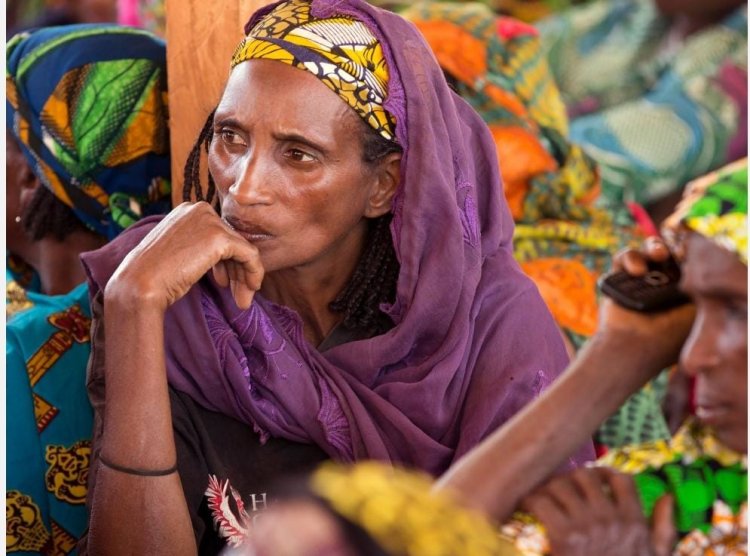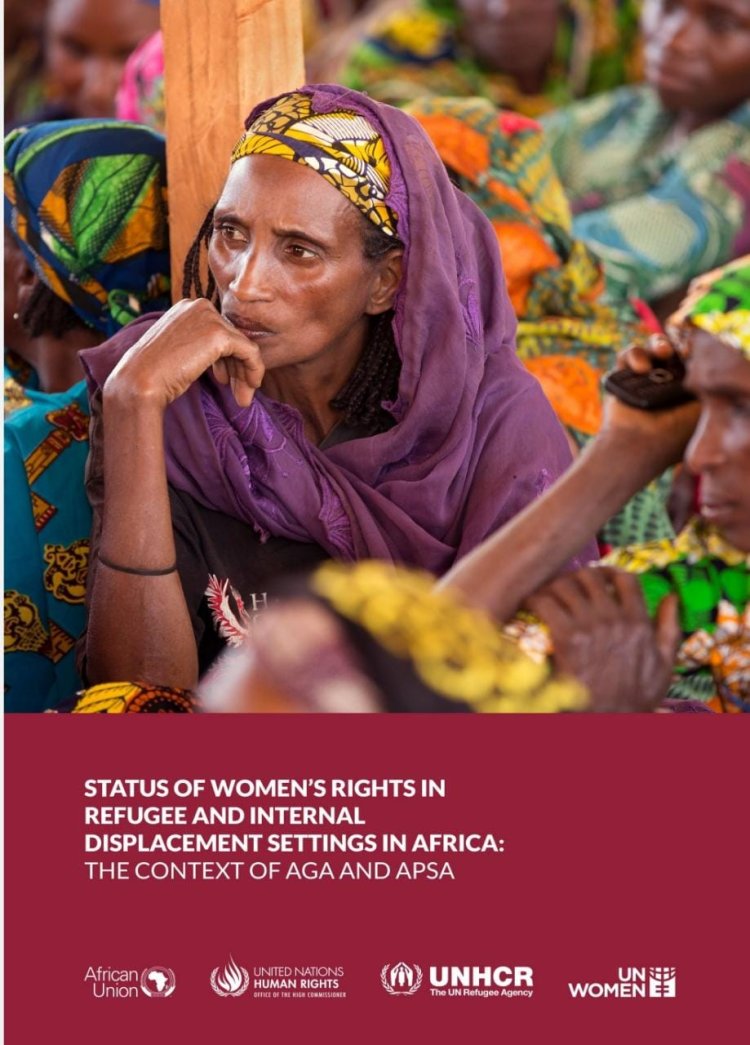Status of Women’s Rights in Refugee and Internal Displacement Settings in Africa
As the AU declared 2019 the “Year of Refugees, Returnees and Internally Displaced Persons: Towards Durable Solutions to Forced Displacement in Africa,” it become even more pertinent to capitalize on the momentum behind this issue to ensure that future interventions capture the lived experiences of women and girls. This is necessary in order to adjust and align their inclusion within the AU’s core governance, peace and security mechanisms and processes – mainly in the African Peace and Security Architecture (APSA) and the African Governance Architecture (AGA).
In the context of AU’s 2019 theme of the “Year of Refugees, Returnees and Internally Displaced Persons: Towards Durable Solutions to Forced Displacement in Africa” and the 2020 theme, “Silencing the Guns: Creating conducive Conditions for Africa’s Development”, the AU, UN Women, OHCHR and UNHCR, commissioned this continental study. The study provides a contextual analysis of the forced displacement of women and girls in Africa, maps out relevant legal and policy frameworks, and makes policy recommendations to the AU, Member States and relevant stakeholders to fast-track the implementation of women’s rights within the context of AGA and APSA. Such analysis provides a crucial underpinning element in any durable solution for refugees, IDPs and returnees in Africa.
The study benefited from field visits to three key countries with sizeable and diverse populations of forcibly displaced persons, namely Central African Republic (CAR), Ethiopia, and Nigeria. As part of this study, gender-mainstreaming guidelines were developed to support and promote the integration of not only gender considerations within
AGA and APSA but also to help both architectures become more reflective of the importance of the participation of displaced women and girls (IDPs and refugees) in decision-making, policy development, planning, programming, implementation and monitoring.
The study was first commissioned in 2019 and has since gone through a validation process in March of 2020 and was finalized in October 2020. It was presented at the 8th annual humanitarian symposium organized by the AU and UNHCR in November 2020.
Source: African Union


